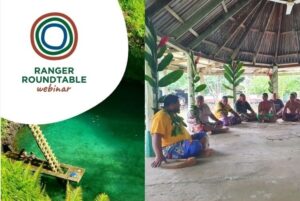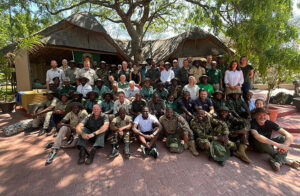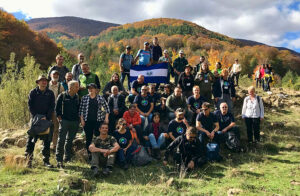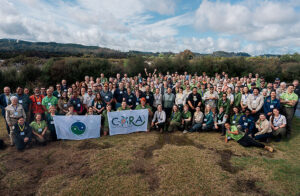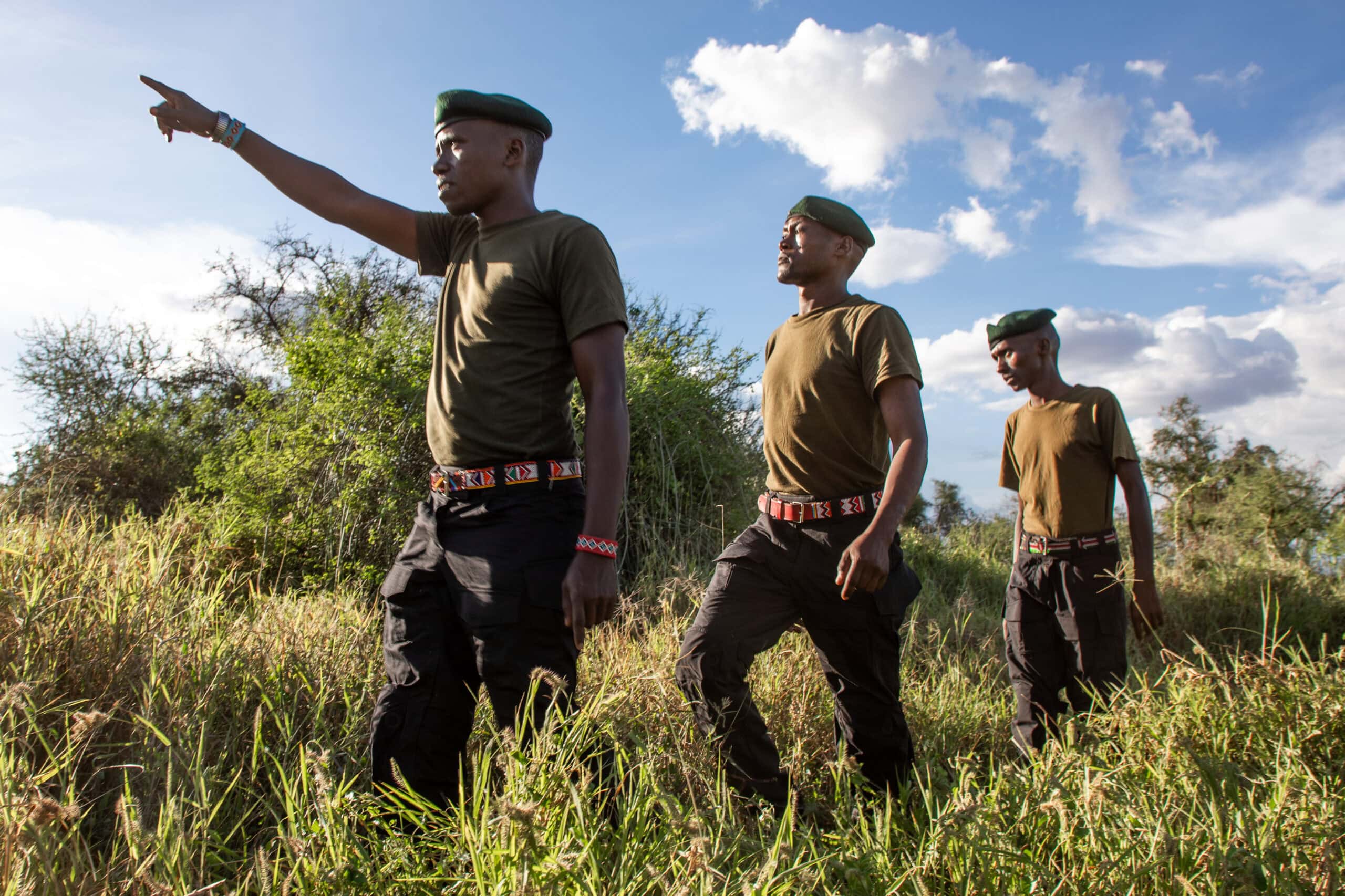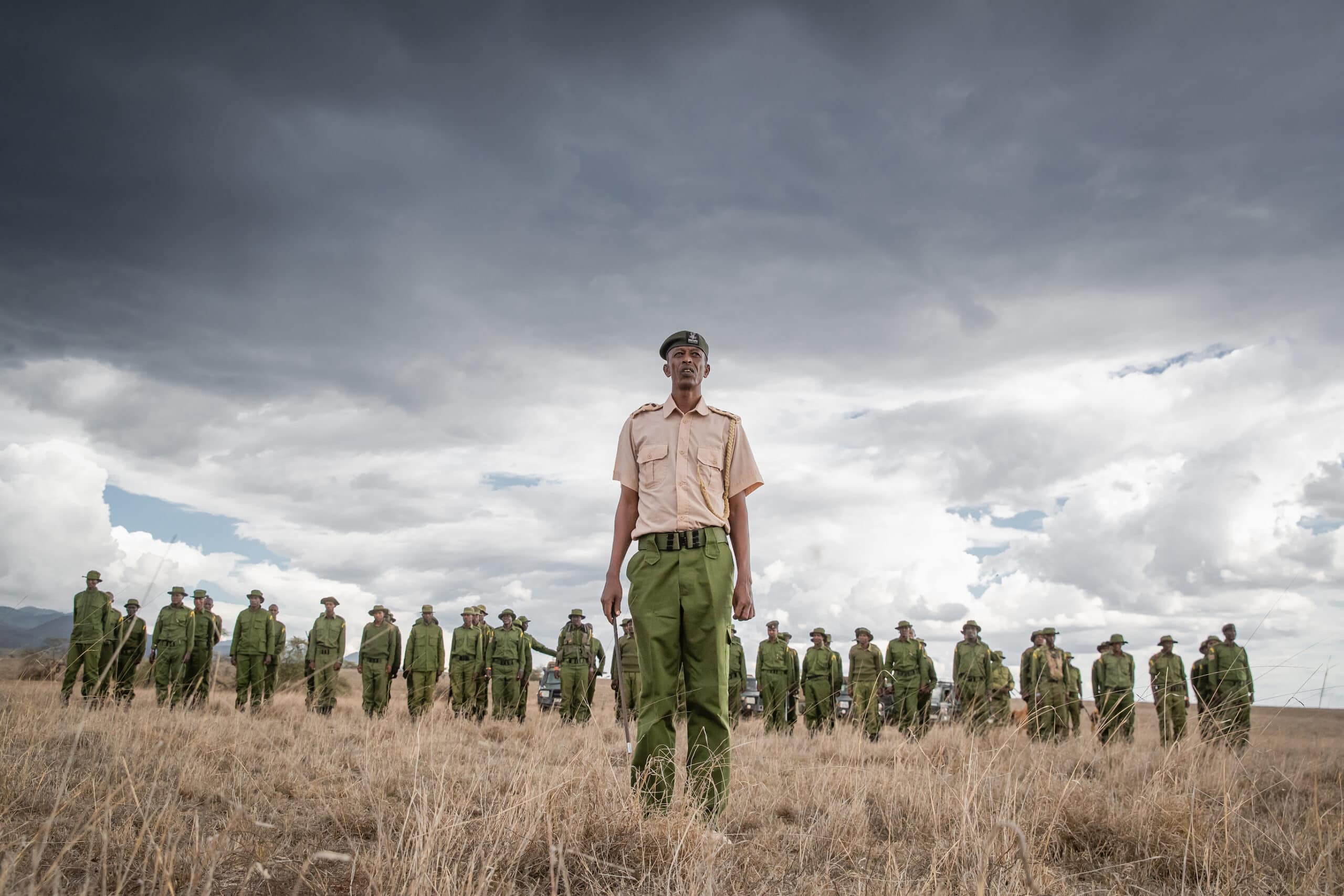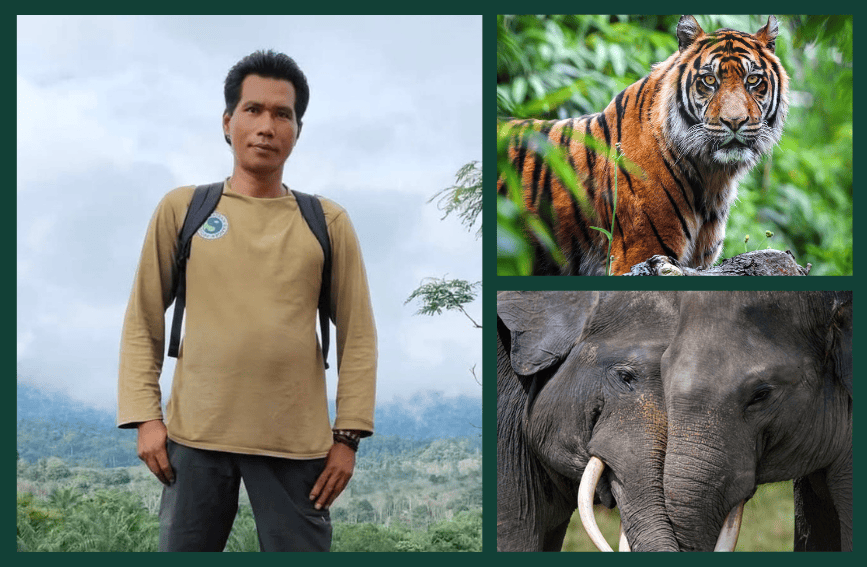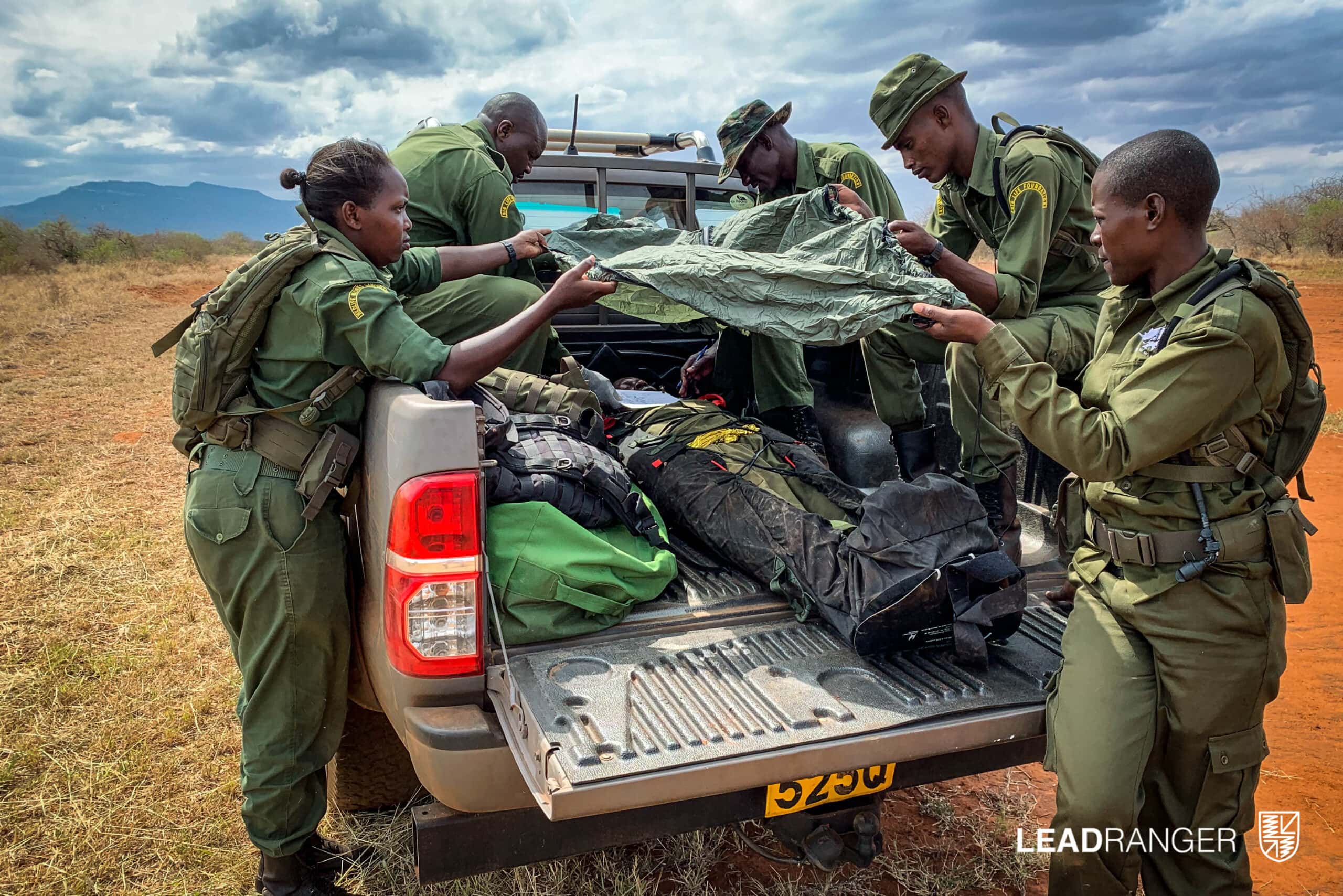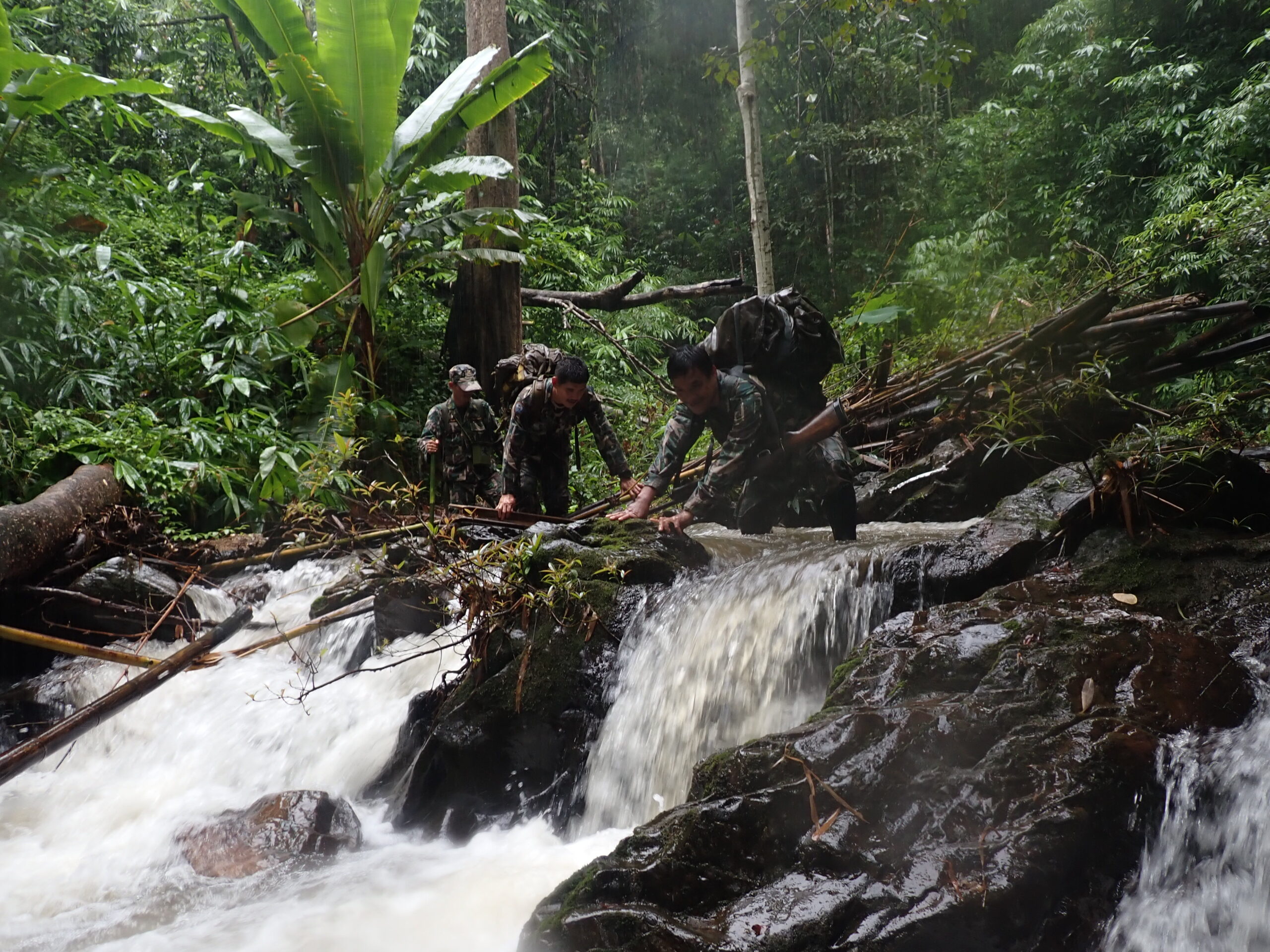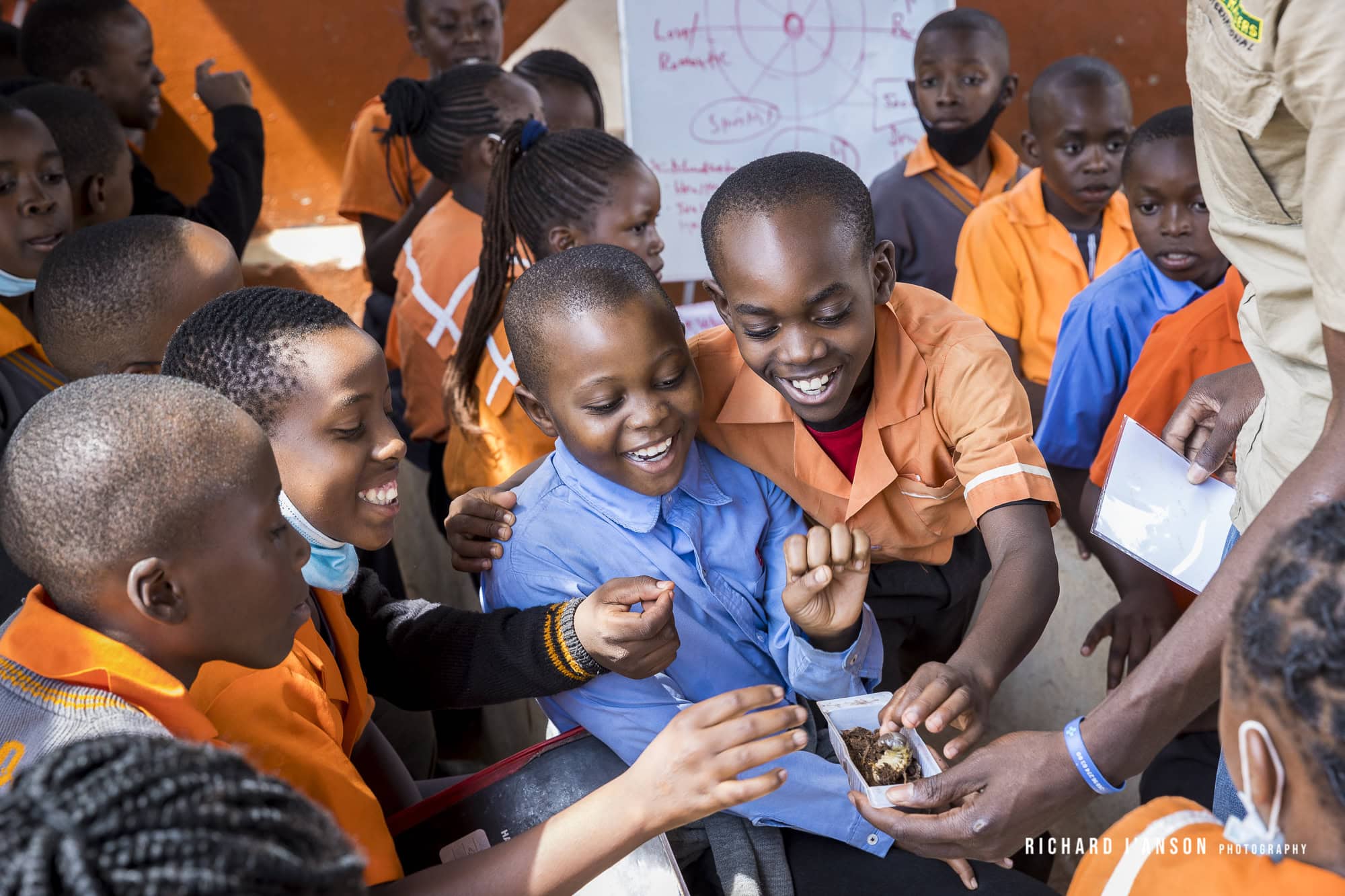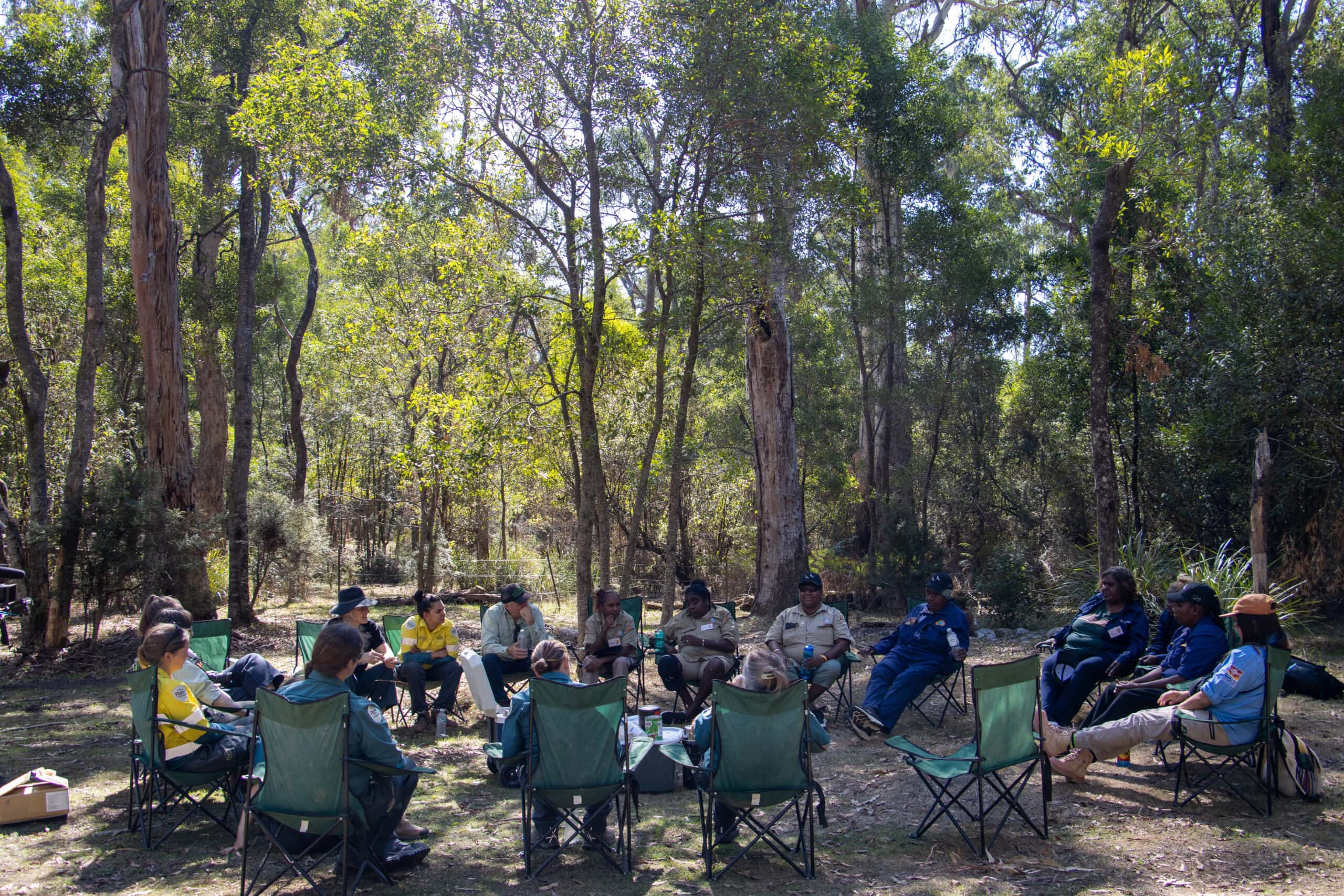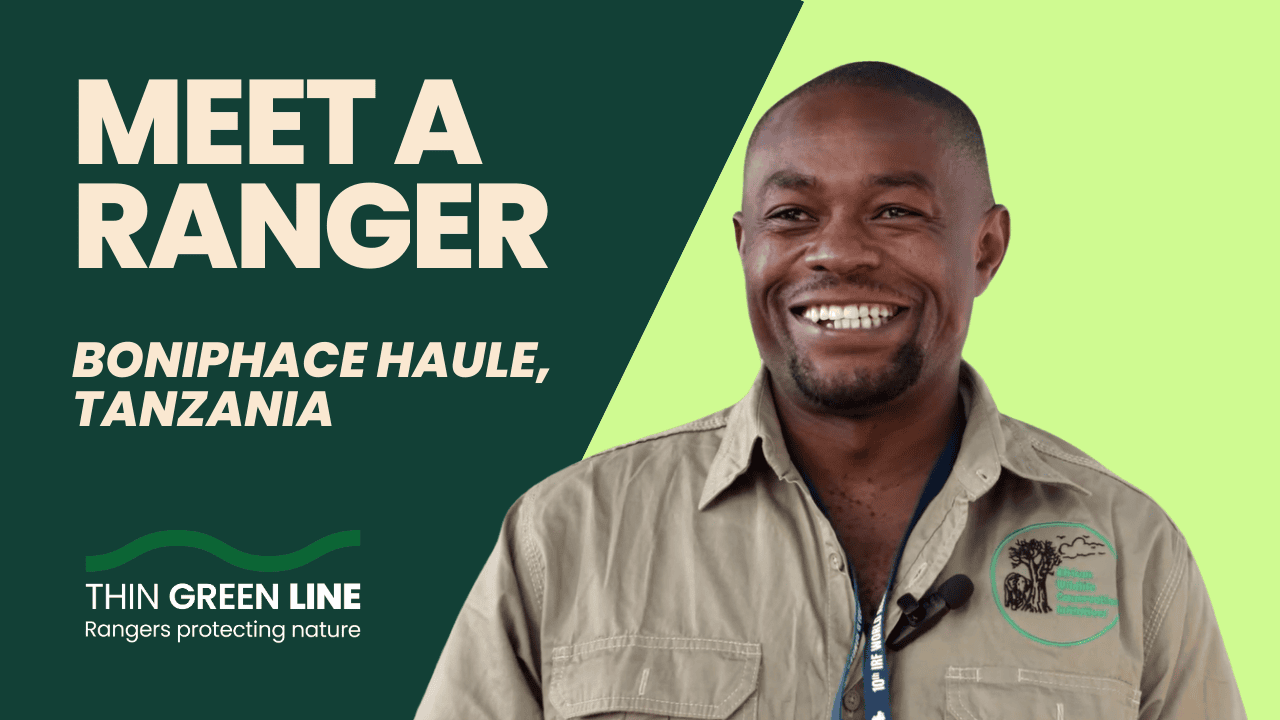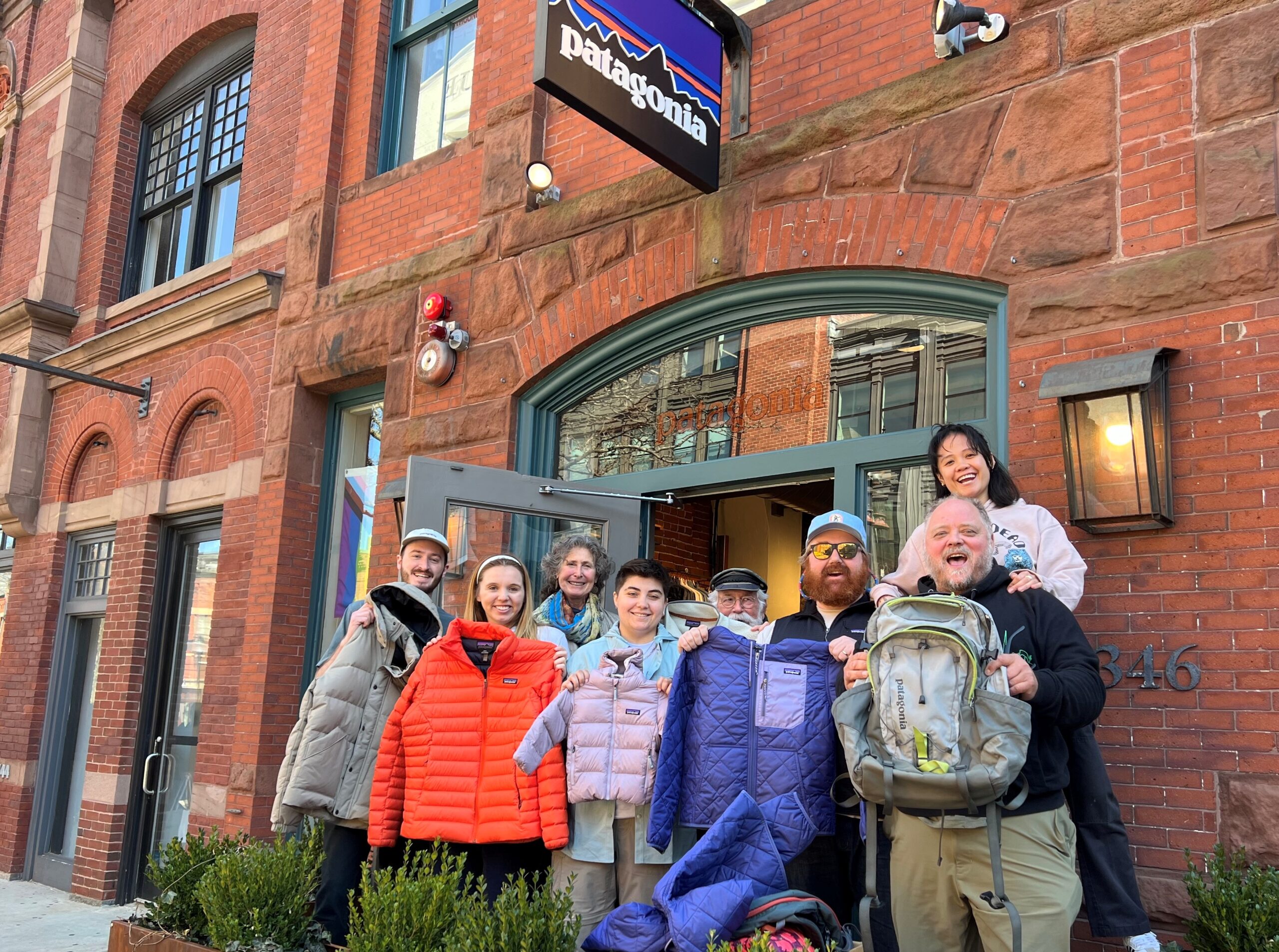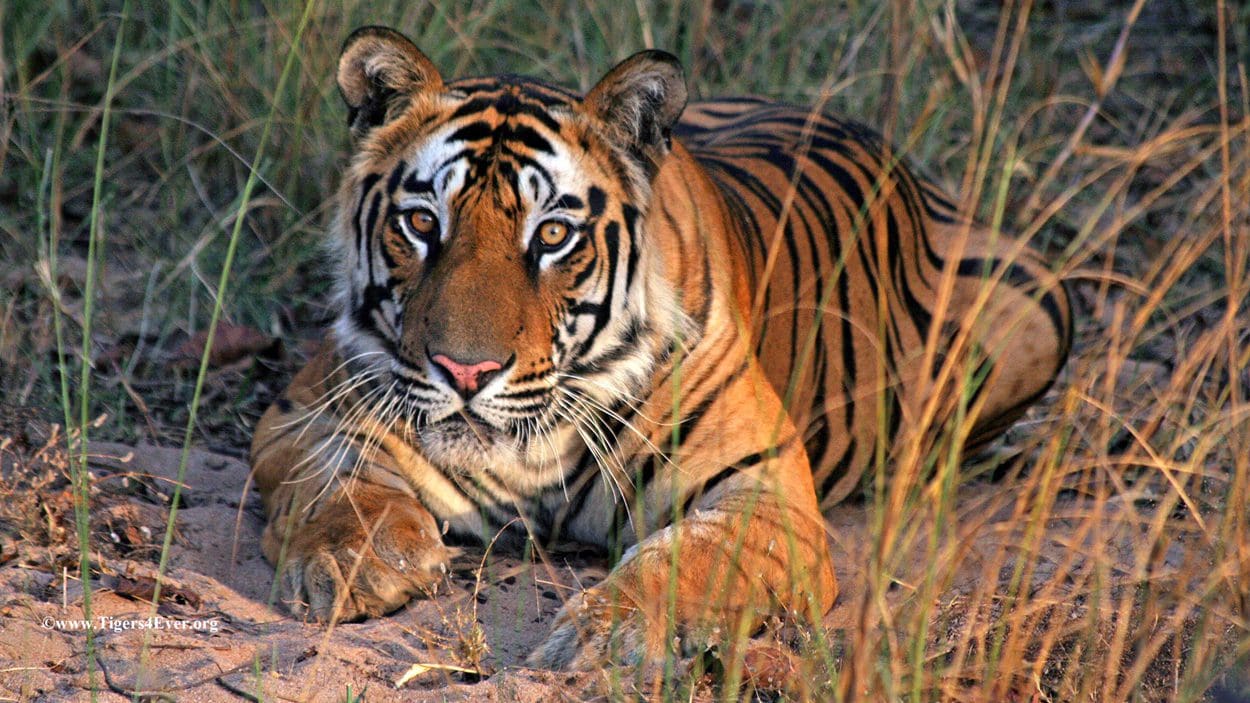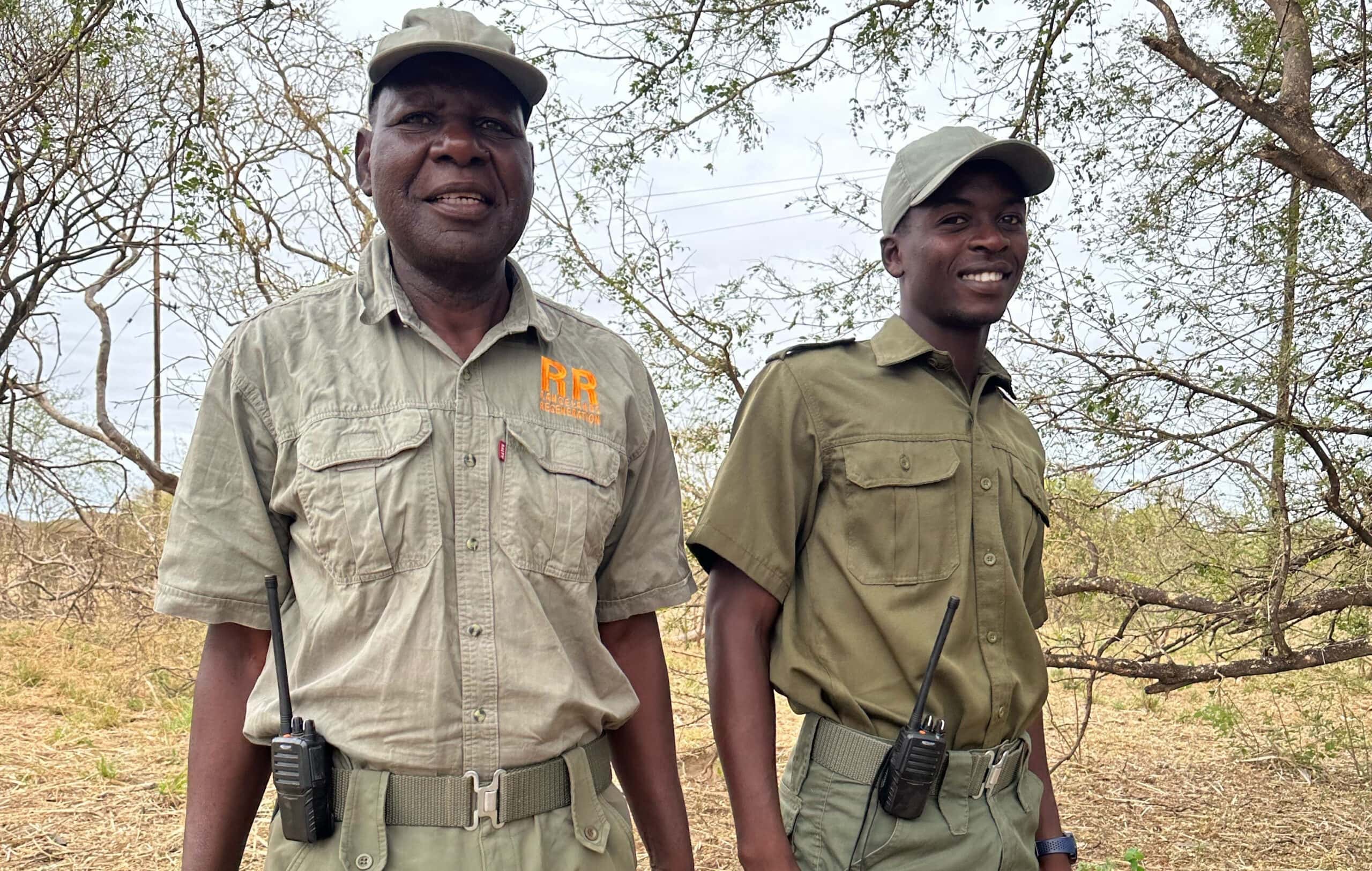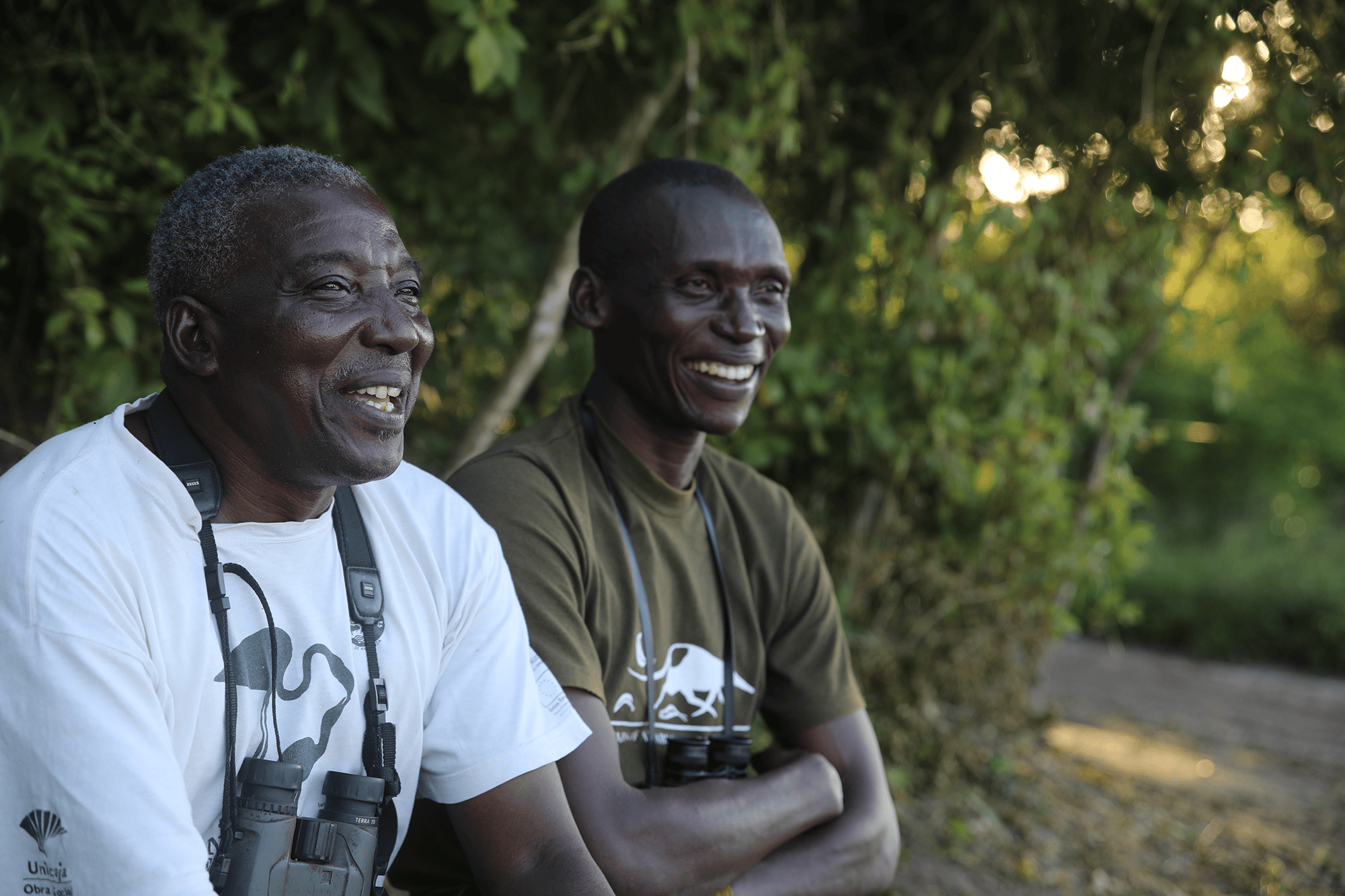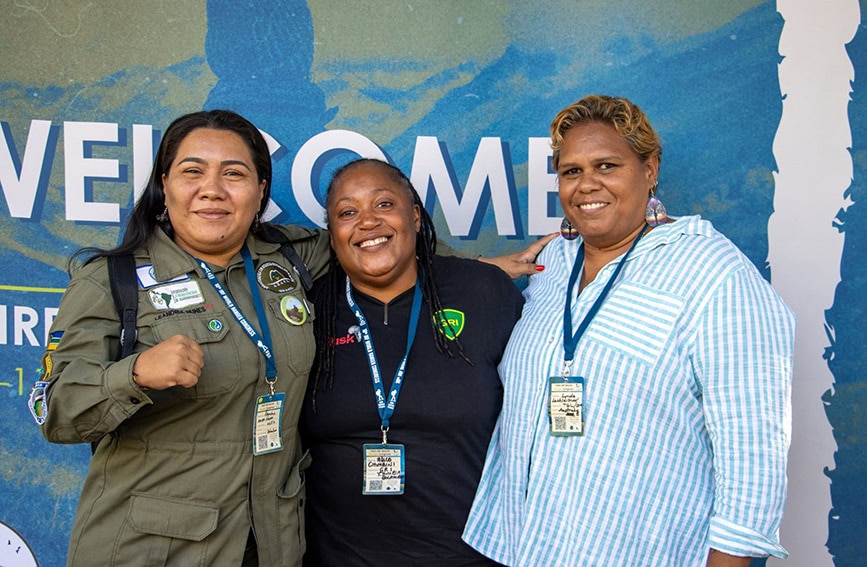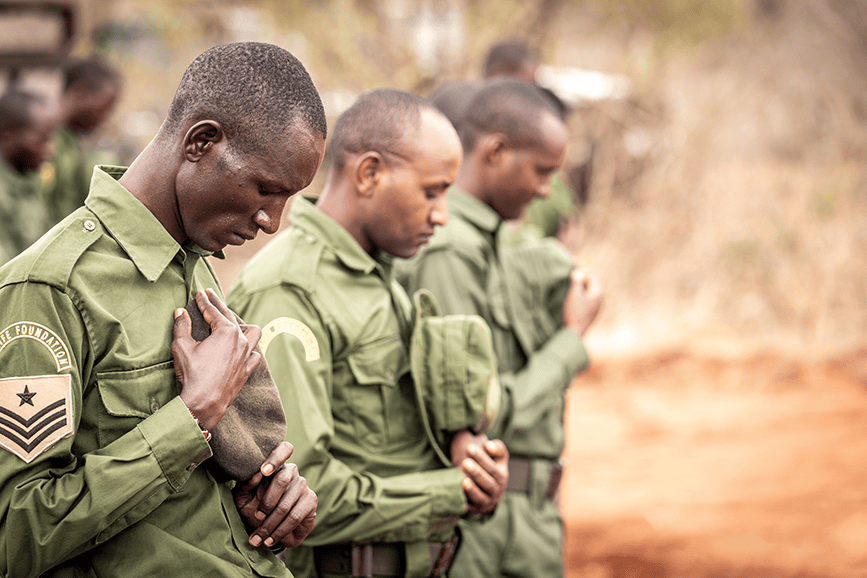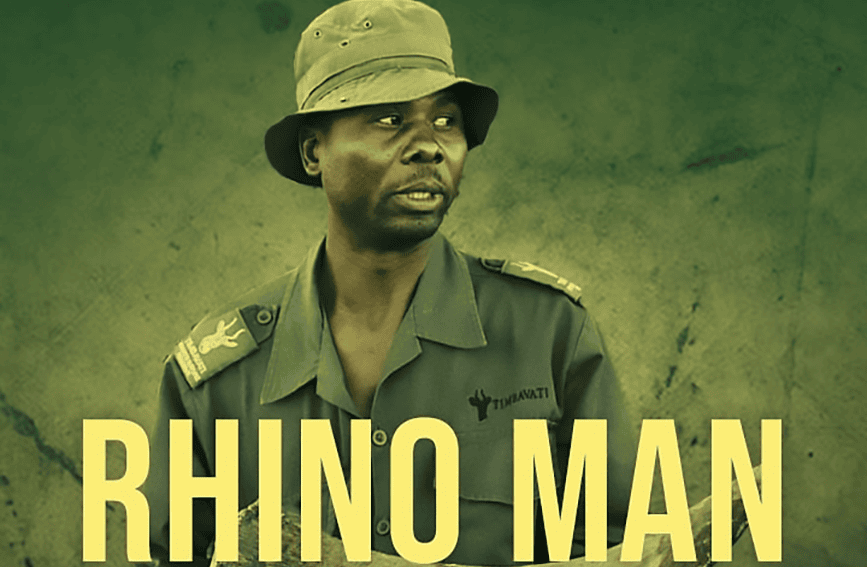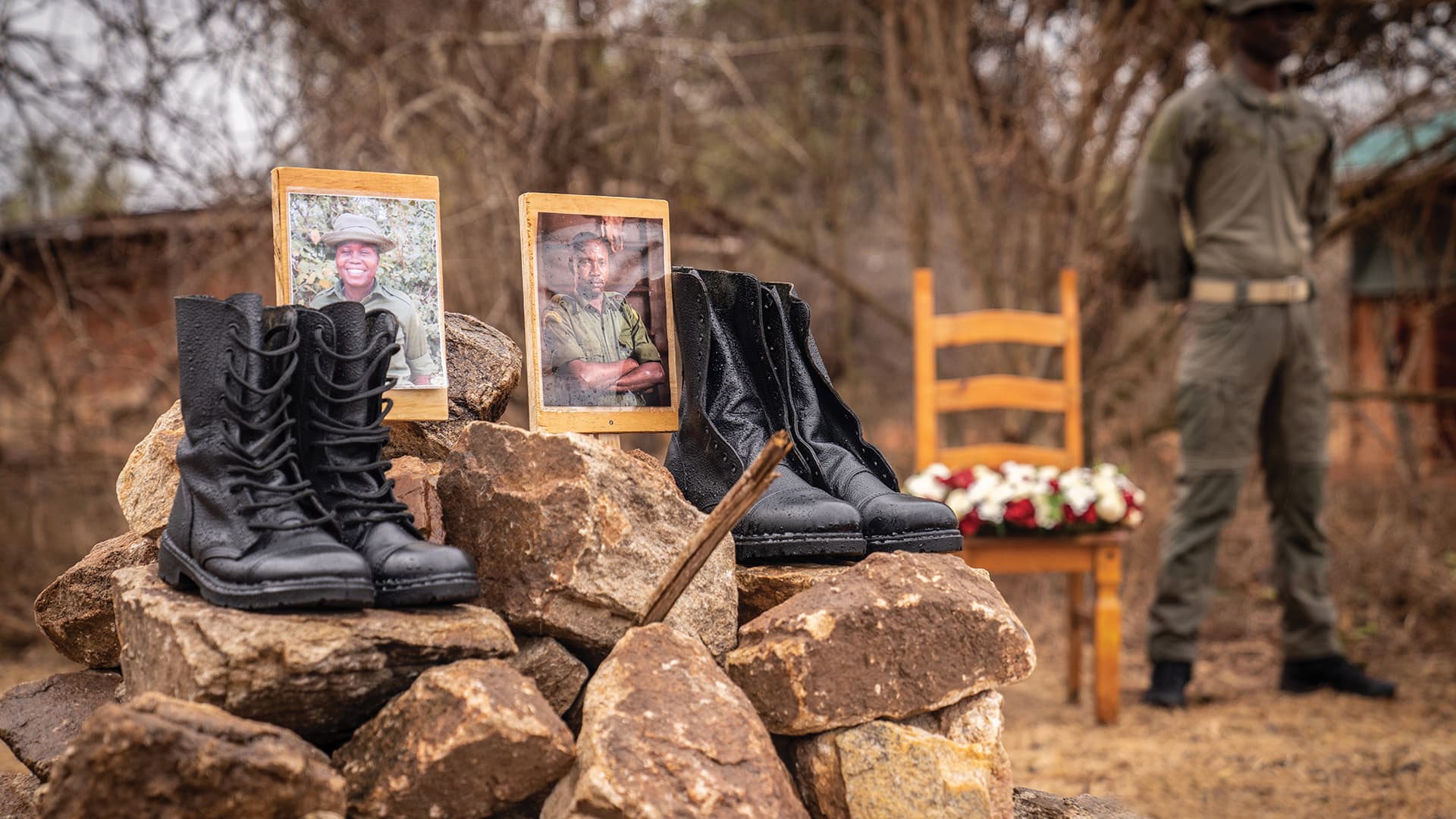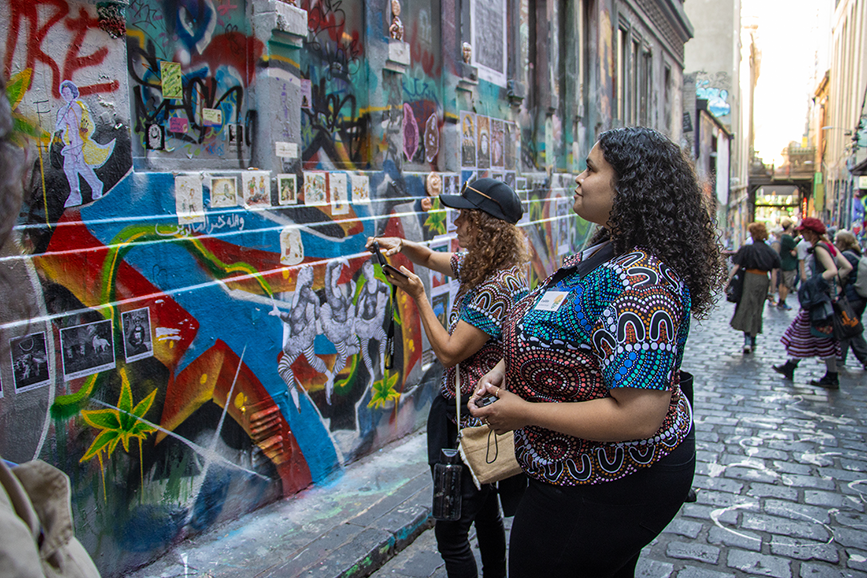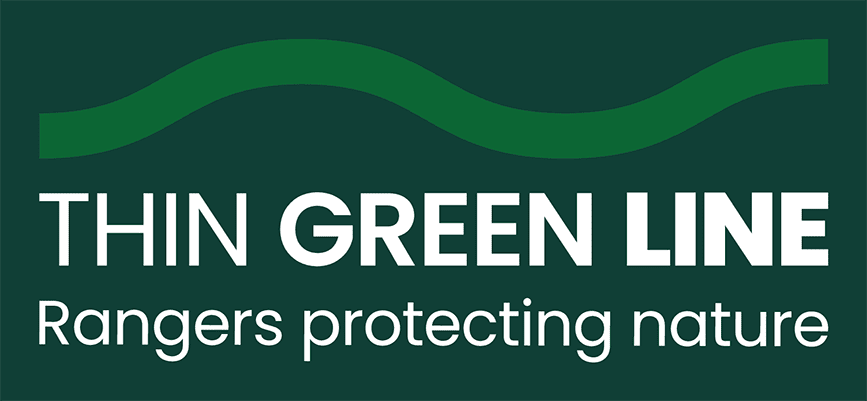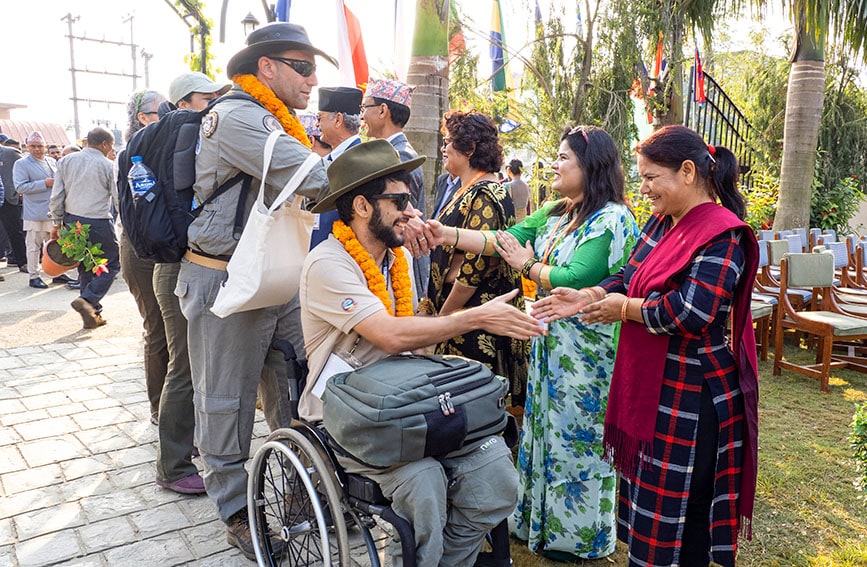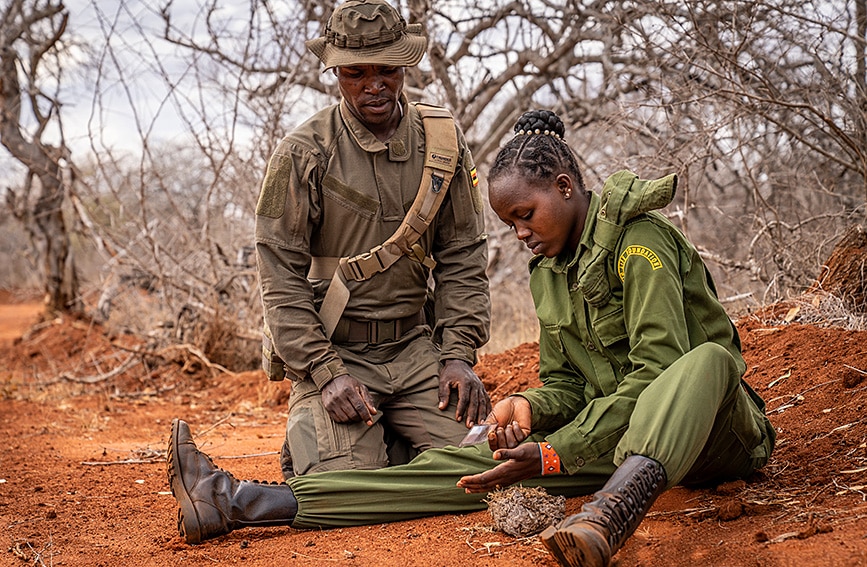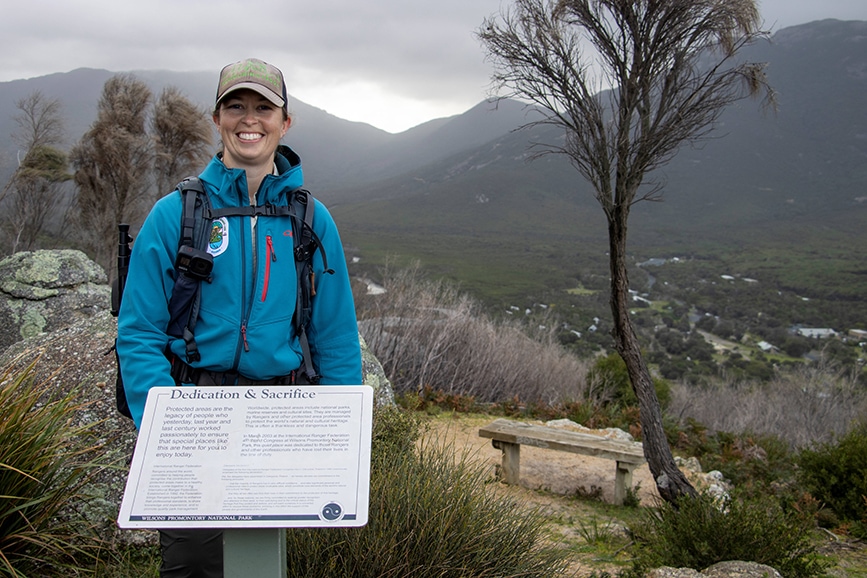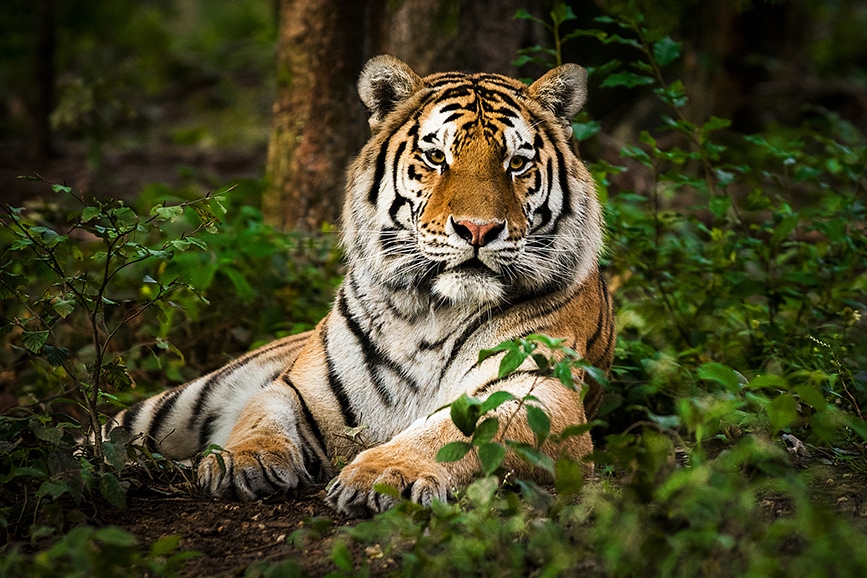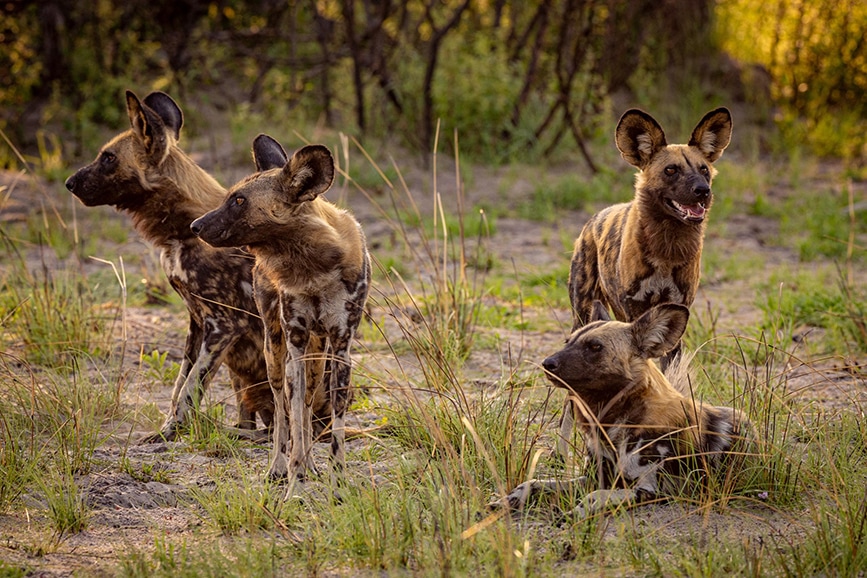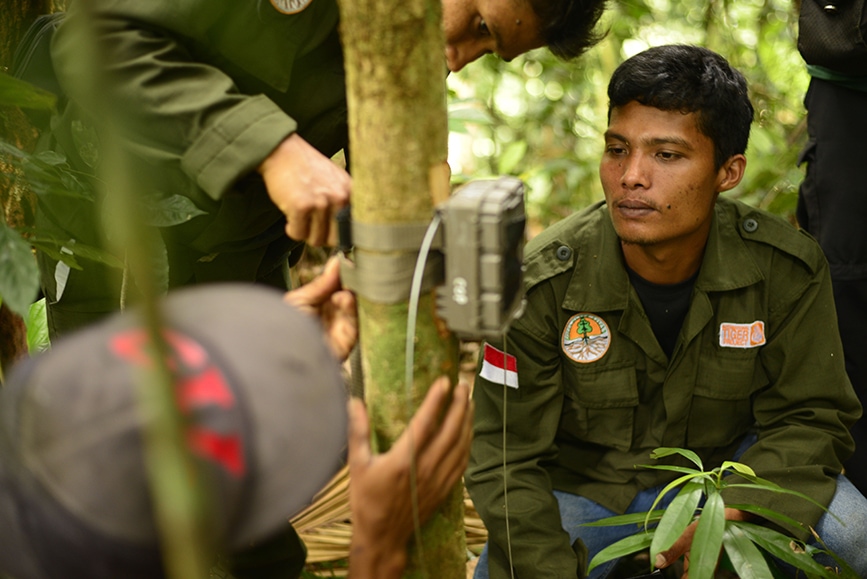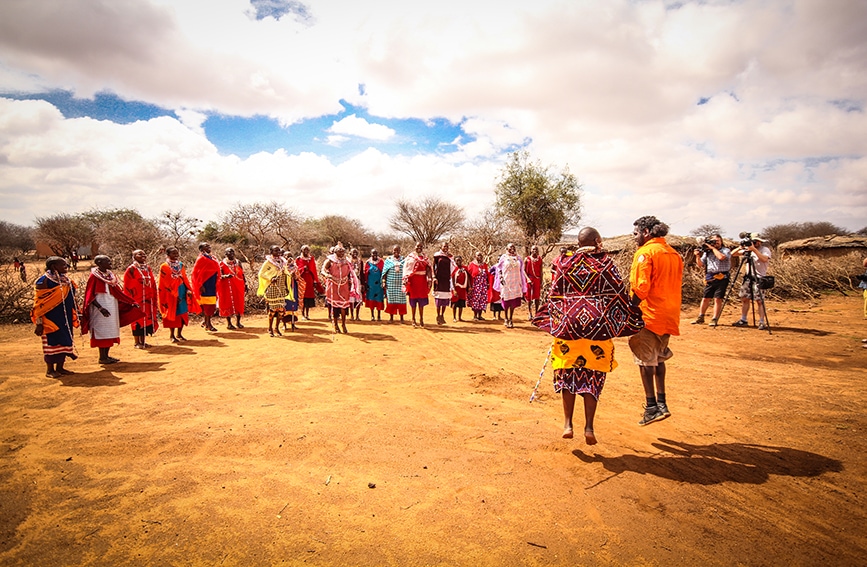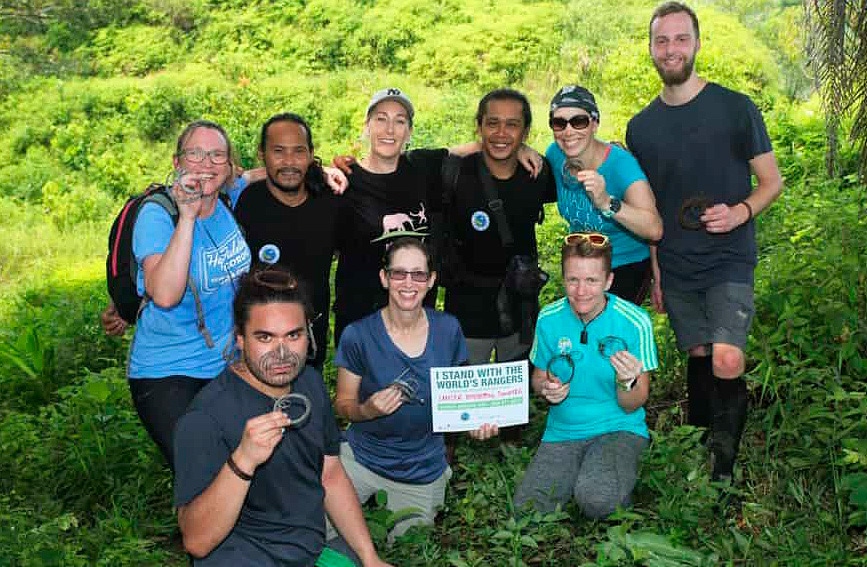Oceania Ranger Roundtable
On World Ranger Day 2025, we honour 175 rangers who lost their lives in the past year across 42 countries. This year’s theme, Rangers: Powering Transformative Conservation, highlights how rangers are driving global change. On this day, we remember the fallen and celebrate the transformative power of those still standing on the frontlines.
Recent cuts to USAID funding have left global conservation efforts reeling. Once the world’s largest international development donor, the U.S. has slashed support for programs that protected wildlife, supported rangers, and empowered communities from Africa to the Pacific. Many organisations report losing all funding, with critical work like anti-poaching and habitat restoration grinding to a halt. Virunga National Park and Pacific Island nations are among the hardest hit. The message is clear: without renewed support, decades of conservation progress are at serious risk.
Each year, around 150 rangers lose their lives in the line of duty—defending wildlife, supporting communities, and standing between poachers and our planet’s most vulnerable species. In January, Serasi—a dedicated ranger from Sumatra—tragically lost his life after sustaining an injury while on patrol. He was just 45, and left behind a wife and four young children. Serasi’s story is a heartbreaking reminder of the risks rangers face every day, and of the urgent need to keep them safe and support their families in times of loss.
LEAD Ranger is a groundbreaking train-the-trainer initiative that provides rangers with the skills and confidence to train their own peers in a long-term and sustainable way. It creates and nurtures leaders, and brings out the best in participants, including those with no formal education. LEAD goes beyond the standard ranger training of wildlife protection and patrolling techniques, teaching skills in critical first aid and community engagement. Importantly, it’s saving lives.
When we think of conservation, we often imagine bold actions or large-scale interventions. But sometimes, it’s the smallest things – a backpack, a hammock, a pair of boots – that quietly change everything. Thin Green Line has equipped rangers in some of the world’s most at-risk environments with the gear they need not just to survive, but to succeed.
We wholeheartedly believe in the power of engaging children in conservation. That belief led us to establish the Junior Ranger program – an initiative rooted in education, empowerment, and hope.
Indigenous women rangers are stepping into leadership, guided by mentors and strengthened by sisterhood. The Desert Women Rangers Leadership Trip provides a transformative space to build confidence and professional skills—equipping participants to lead on Country and shape the future of land and sea management.
Boniphace is a dedicated ranger helping to protect the landscapes and wildlife of Tanzania. In the first of our 'Meet a Ranger' series, hear what inspired Boniphace to become a ranger, the dangers of his work, and what keeps him motivated to protect nature.
Thin Green Line’s impact continues to grow globally, with strong support emerging from the USA. A major milestone was Patagonia’s generous donation of $2 million worth of uniforms for rangers, followed by keynote invitations and meaningful connections with One Percent for the Planet businesses. Despite challenges, the empathy and commitment from US partners and individuals have been inspiring—shining a light on the vital work of rangers worldwide.
In 2024 we conducted an independent review of the LEAD Ranger program to assess its broader impact and identify opportunities for improvement.
Across the world, rangers dedicate their lives to protecting nature. We asked them a simple yet profound question: "What is your wish for the world?"
In India’s Bandhavgarh Tiger Reserve, rangers work tirelessly to protect one of the world’s largest wild tiger populations. But freezing patrols, human-wildlife conflict, and limited resources made their critical work even more challenging. When rangers reached out for help, the Thin Green Line community responded—funding warm jackets, flashlights for night patrols, and snake rescue kits. These simple yet vital tools have empowered the team to safely deter poachers, relocate snakes from villages, and educate communities about living alongside wildlife. Thanks to your support, tiger deaths from poaching and poisoning have dropped by 98%—a powerful reminder that even the smallest acts can fuel big conservation wins.
**Radios, Raincoats & Real Impact in Zimbabwe** In the vast savannah of the Greater Mapungubwe Transfrontier Conservation Area, rangers face the daily threat of poachers with limited tools and no reliable way to communicate across borders. When Zimbabwean rangers reached out with a simple request—“We need 2-way radios!”—the Thin Green Line community stepped up. Thanks to your support, rangers now have radios, raincoats, tents, and new uniforms. With this gear, they’ve boosted their patrol efforts, dismantled over 50 deadly snares, and strengthened cross-border communication. Most importantly, they know they’re not alone in the fight to protect Africa’s iconic wildlife.
In Kenya’s Arabuko-Sokoke Forest, rangers are protecting one of the world’s most unique ecosystems—home to rare wildlife like the golden-rumped elephant shrew and Sokoke Scops owl. But even the most dedicated teams can’t do it alone. As the rainy season approached, rangers urgently needed basic gear—boots, uniforms, and camping equipment—to continue their patrols and remove deadly snares. Thanks to your support, Thin Green Line delivered. This isn’t just about gear—it’s about showing these rangers their work matters. With your help, they’re back on the frontlines, defending wildlife and safeguarding a forest that supports over 250,000 people.
For the first time since 2019, the world’s rangers came together for a week of networking, learning, and a renewed sense of global solidarity and connection.
Remarkable father-and-son duo, Phil and Ned, completed an epic adventure in 2024, all while raising vital funds for rangers around the world. Read about their journey, riding their bikes from Hobart to Darwin, and what inspired them to support rangers.
News of a ranger’s death is never easy to receive. The loss is felt deeply by our team, and by rangers around the world. Read about Daniel’s ultimate sacrifice while protecting Ghana’s natural resources, and how Thin Green Line supported his family in their darkest hour.
On World Ranger Day, 31st July, rangers, their families, friends, and the communities they're part of, will pause to reflect on the work of fallen colleagues - those who lost their lives protecting nature.
Follow the story of dedicated rangers in their fight to save South Africa's Rhino population.
31st of July is our opportunity to remember Fallen Rangers, reflect on our achievements and reconnect with colleagues.
Indigenous women rangers swap desert patrols for professional development opportunities in the big city.
Last year, in parallel with our projects, we quietly launched a new logo and website. We may look different, but we’re still the same team dedicated and determined to support more rangers. Read more about our rebrand and explore our new website.
A look ahead at what Thin Green Line has planned for 2024.
A record number of rangers across nine countries trained, see how we are reshaping ranger training globally and putting a stop to preventable deaths.
Meet Amanda, - Thin Green Line’s inaugural ranger ambassador. Read more on her 95,000km expedition around Oceania.
Learn how the courage of dedicated rangers, paired with the right equipment, forms the perfect alliance for tiger conservation in India.
Discover the detective work of frontline rangers combatting wildlife poisonings from poachers in Mozambique.
Explore how innovative camera traps and a dedicated patrol team are safeguarding the critically endangered Sumatran tiger.
Indigenous Australian rangers share skills and stories with Kenya’s Maasai rangers.
Every day Rangers risk their lives to protect wildlife and wild places across the globe.
